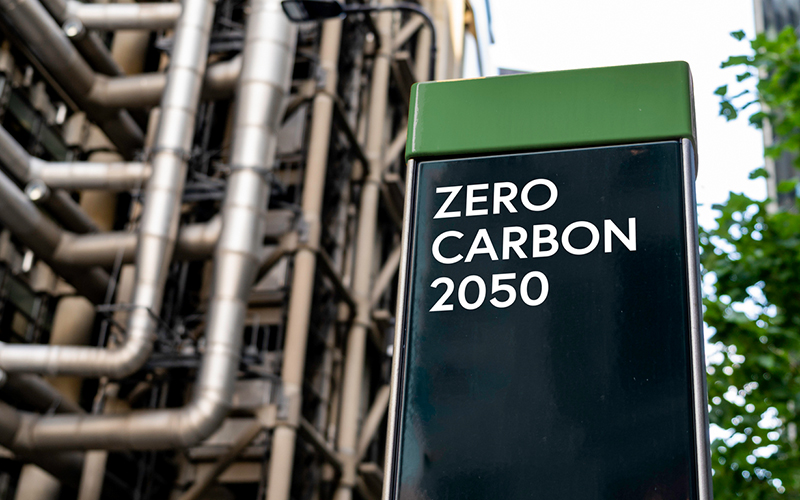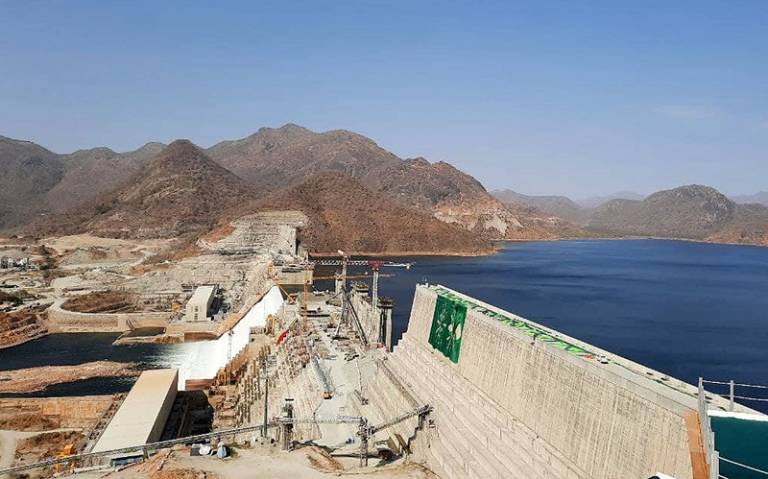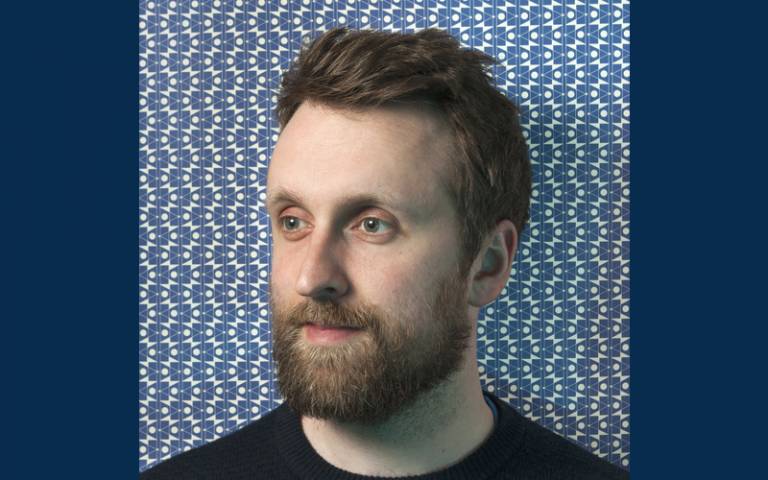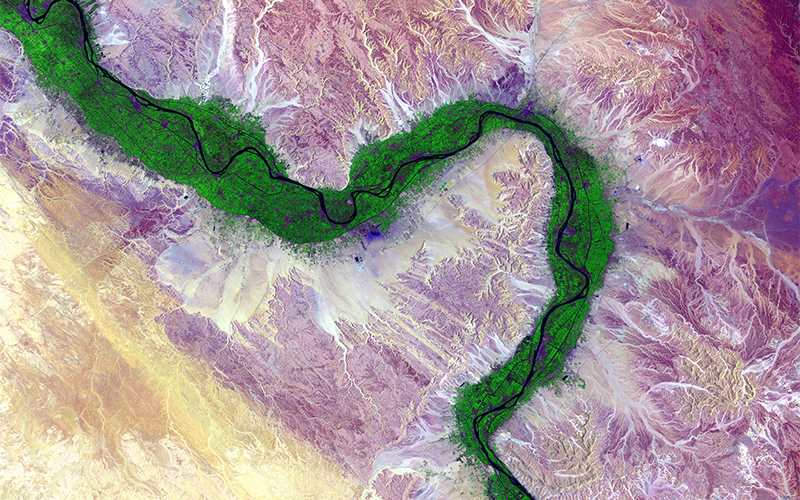Macro-economic modelling

Policy decisions often involve choices that will not necessarily benefit all actors in the economy and may have unintended environmental consequences. Policy makers and stakeholders need to balance trade-offs and promote synergies arising from the delivery of policy objectives. By using empirical economic models, we offer the possibility for an evidence-based policy making, as we are able to formulate policy options and quantify the economic impacts associated with them.
We develop and use single-country and global computable general equilibrium models (CGE) to assess the direct, indirect and induced impacts of potential policy interventions and exogenous shocks (e.g., climate change, Covid-19). We offer policy makers and stakeholders the possibility to assess and compare ex-ante the expected impacts of alternative policies and adaptation options across households, sectors and countries.
Jump to: Research areas | Recent Projects | In teaching | Researchers
Research areas
We develop and use empirical economic models based on economic theory to address resource interlinkages at the global, regional and country level. Our Environmental Global Applied General Equilibrium (ENGAGE) model is based on up-to-date global economic data and has detailed modules on food, water, minerals, and energy. The UCL ENGAGE model focuses on global trade and supply chains and it is used to evaluate the international repercussion of domestic policies and shocks. We use detailed single-country General Equilibrium models (e.g. InvestCGE) to evaluate tailored policy options and assess their impact on the distribution of income across households. We are currently developing a UK multi-regional CGE model to assess policy impacts across 12 geographical and economic regions.
Sustainability at the water-food-land nexus

Energy systems transitions to achieve net-zero

Financing the low carbon transition

Improving energy access and resource use in the developing world

Sustainable resource-efficient economies and societies

Research stories
Our work quantifies the economic impacts of policy interventions and identifies the distribution of winners and losers. By assessing the economic costs and benefits of alternative policies, stakeholders and policy makers can identify scenarios to be avoided and develop strategies to achieve desired outcomes.
Recent projects
Our portfolio is spread over several national and international research projects. The UCL Environmental Global Applied General Equilibrium model, developed by the macro-economic modelling team at UCL Institute for Sustainable Resources, is one of the main tools supporting the analysis of climate, environmental, resource, energy and economic policies. While the multi-sector, multi-region nature of the UCL ENGAGE model allows the evaluation of policies across sectors and across regions, ISR’s macro-economic modelling team also uses detailed single-country CGE models to assess the impacts across different socio-economic groups and regions within the country.
- CircularMetal - Learn more about the project on the CircularMetal website
- Interdisciplinary Circular Economy Centre for Mineral-Based Construction Materials - Learn more about the project by Interdisciplinary Circular Economy Centre for Mineral-Based Construction Materials website
- Climate services for a Net Zero resilient world (CS-N0W). Learn more about the project on the UK Government website
- Diamond. Learn more about the project on the Diamond website
Macro-economic modelling in teaching



Economic modelling is an integral part of our Master 'sprogrammes. We cover from simple resource economic models to more sophisticated economy-wide models.
Economics and Policy of Energy and the Environment MSc
In Economics and Policy of Energy and the Environment MSc a comprehensive introduction to economic modelling, methods and applications to the assessment of decarbonisation scenarios are covered in the core module 'Introduction to modelling, methods and scenarios'.
Our researchers also support dissertations for the Master's degree. An example of a dissertation title in this area is “The Economic Impact Analysis of Korea's Net-Zero Scenario - Focusing on Power Sector”.
Sustainable Resources: Economics, Policy and Transitions MSc
In Sustainable Resources: Economics Policy and Transitions MSc the economic theory behind the supply, use and conservation of key natural resources is taught by using simple economic models in the core module 'Introduction to Resource Economics and Policy'. The construction of a Social Accounting Matrix, main data input for CGE models, and multiplier analysis is taught in the core module 'Tools for Assessing Sustainable Resource Use'.
Our researchers also support dissertations for the Master's degree. An example of a dissertation title in this area is “Missing Forests for the Trees: Analysis and Bio-Economic Model of Illegal Harvest of Dalbergia (Rosewood)”.
Doctoral research (PhD)
Doctoral research relating to macro-economic modelling:
- Ge Yin - 'Integrated Assessments of the Economic and Environmental Impact of China's Energy Investment on the Countries along the Belt and Road Initiative (BRI).'
- Diana Ramirez- 'Food security and ecosystem services in Mexico: the risks under climate change.'
- Zijie Ma - 'Analysing the potential of secondary aluminium in achieving decarbonisation of the global aluminium industry.'
- Zein Khraizat - 'Managing Water under Uncertainty: Challenges and Perspectives in Water-Scare Countries.'
- Husain Al Meer
Researchers
Alvaro Calzadilla
Professor
a.calzadilla@ucl.ac.uk
Matthew Winning
Senior Research Fellow
m.winning@ucl.ac.uk
Metin Piskin
Research Fellow
m.piskin@ucl.ac.uk
 Close
Close





